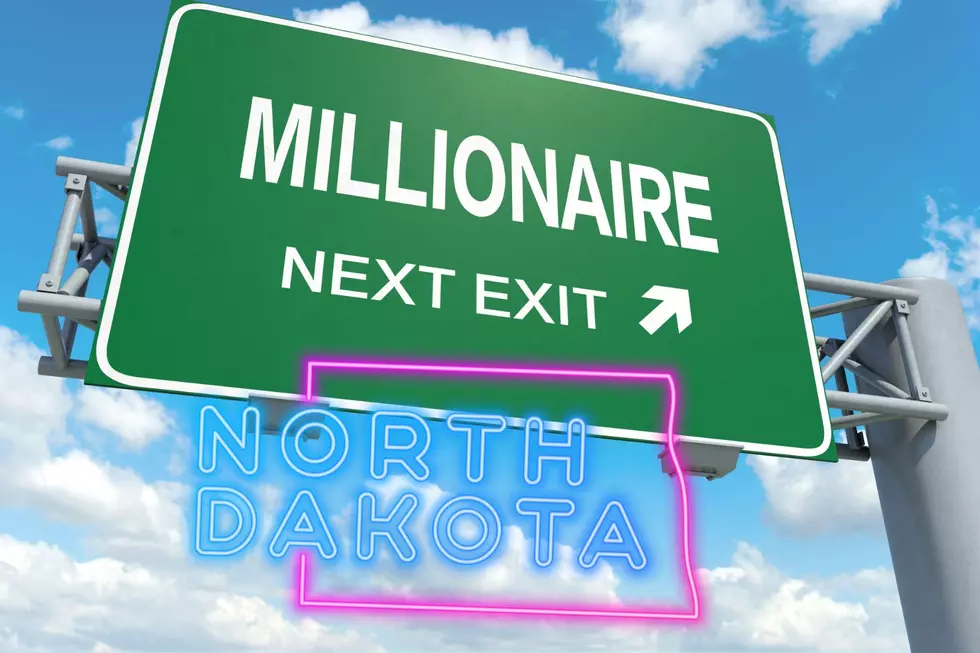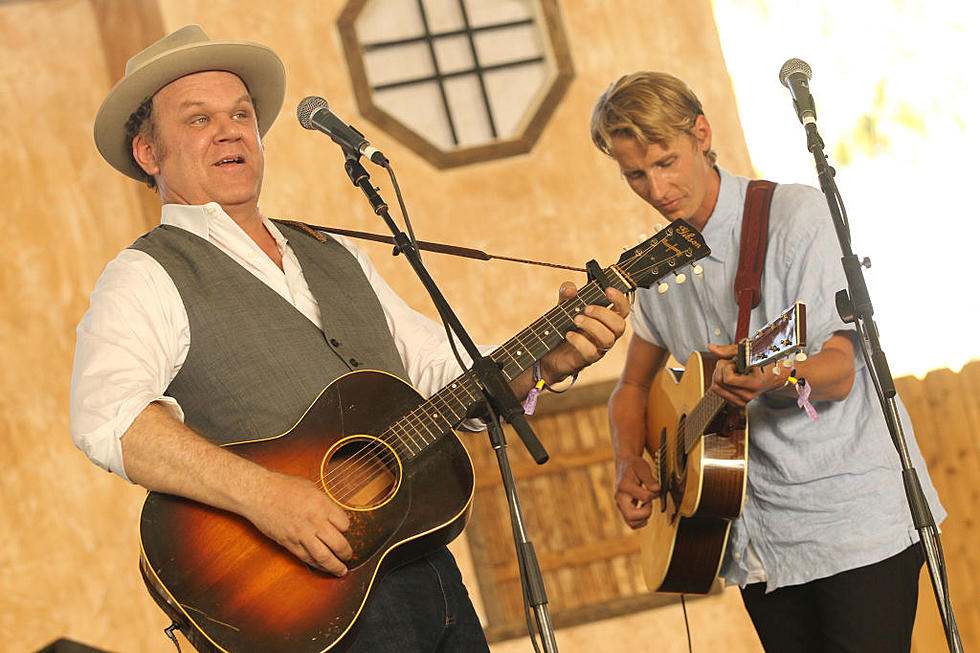
How Should North Dakota Use The Legacy Fund Money?
How do you think North Dakota should spend some of the Legacy Fund money? I think there are multiple ways to spend the money but the million-dollar question is how? Do you think we should give some away as a supplement to social security in case the social security pot runs out of money? Or should we give the money in addition to social security? I personally think we should give everyone that lives here a sum of money each year off the interest of the Legacy Fund money. Alaska gives each resident a certain amount of money each year.
Another way I thought about using the Legacy Fund money is to get rid of property taxes in North Dakota. We would then just use the money from the fund to pay the different areas that property taxes paid. We should also give each school district a certain amount each year. I'm all about investing in our youth and the school districts. Many people, myself included, are upset that the Legacy Fund just sits there with all that money in it and it doesn't get used.
According to ND Government website, the Legacy Fund as of September 30, 2021, had $8,275,263,391 in it and I'm sure that amount is more as that was almost two months ago. How do you think we should use the money in the ND Legacy fund? Do you think we should give a large sum of money to school districts each year? Or should we get rid of property taxes in North Dakota? How do you think we should spend it?
10 Least Expensive North Dakota Cities To Live In
LOOK: The most expensive weather and climate disasters in recent decades
More From US 103-3









